We empower makers in Africa to develop sustainable projects by using rapid prototyping to solve local challenges.
First, we create a team of self-sufficient, local mentors by training them, providing them with a teaching toolkit (maker box) and then giving them the spark they need to get going.
Then, the mentors train up more teams in the surrounding areas so the knowledge spreads...
The mentors get young local people involved and teach them to do incredible things using the contents of the maker box.
Afrimakers will kickstart maker workshops focused on local challenges in 10 hubs around Africa who asked us to go and train them to work with young people (Kenya, Tanzania, South Africa, Zambia, Ghana, Nigeria, Egypt, and more).
Each of the ten hubs will receive a HacKidemia maker box of tools and will recruit a local team to be trained by us to organize and to run hands-on workshops in local private and public schools.
Maker fellowships were offered for members of each team to go and train other hubs and makers in the region and near countries. The idea of the project is to plant the seed of local change through social entrepreneurship, digital fabrication and regional collaboration.
The Afrimaker box which is being used by each local hub is full of useful tools and comes with very well documented projects, learning activities and access to our online project collection. We have recently managed to bring the price of a box down to 250 euros.
Examples of criticial making projects developped by our community with this box are available here .
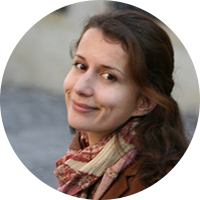
Founder of HacKIDemia, former Google employee and Singularity University fellow.
Learn more
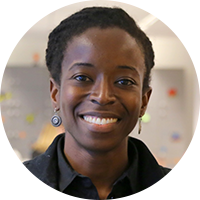
The first Afrilabs director and an entrepreneurship enthusiast.
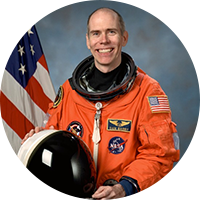
President and Founder, Denbar Robotics, former Astronaut.
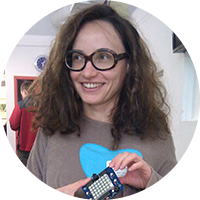
Philosopher and designer, one of the initiators of the GeekDiplomacy.org network.

Local makers will build air quality stations that will enable them to measure and display air pollution in real time.

Local makers will design and build a malaria detection application that will measure the difference in light signal to determine the state of the disease and best treatment.

Local teams will design smart solar panels, smart batteries and converters that will help them better manage constant black-outs.

Out of 500,000 youths who graduate from various tertiary institutions, 75% remain unemployed. Local teams will develop entrepreneurship coaching workshops and design thinking classes adapted to local youth.

In Dar es Salaam less than 5% of the population is connected to a sewage system. The local team will create a simple a portable sewage system made from trash.

Local teams will design computational thinking and ICT curriculum while developing local software businesses based on the lean methodology.

Local teams will explore desalinization solutions and rain water collection to solve water crisis in agriculture.

Local makers will design and code apps for civic journalism and transparency projects.